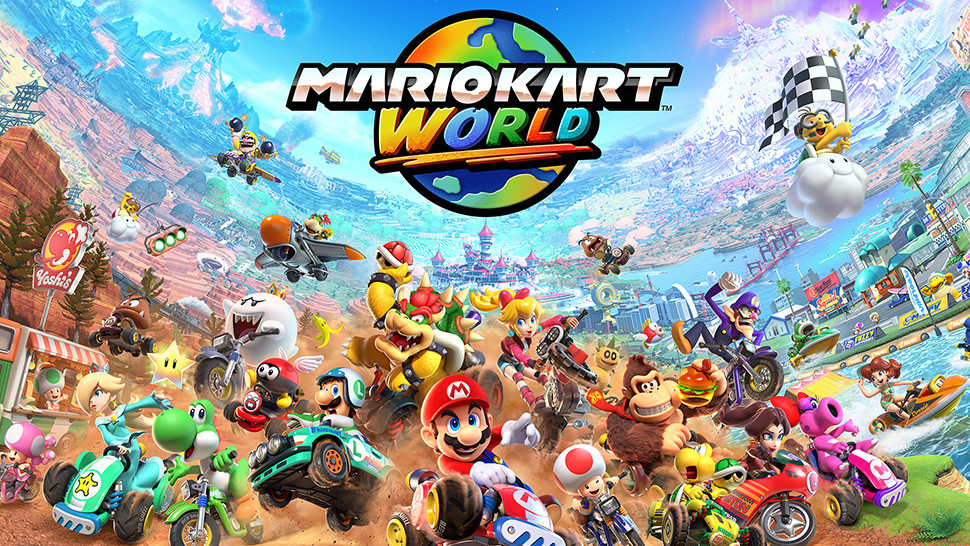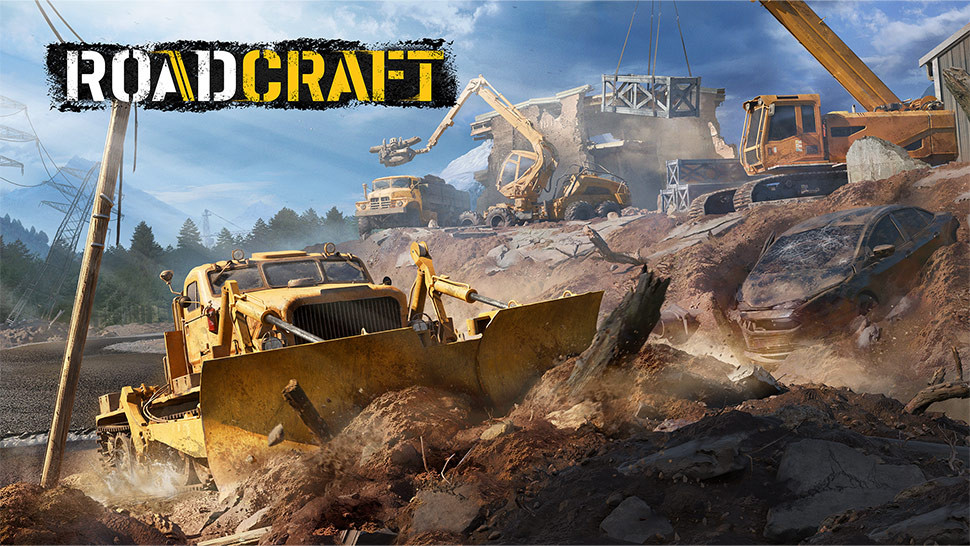Mortal Shell Review

 By Kevin Mitchell | Aug 20, 2020
By Kevin Mitchell | Aug 20, 2020
The easiest way to describe Mortal Shell to someone unfamiliar would be to call it a Souls-like and leave it at that, but that would be a clear disservice to the love and passion put into the game from the small veteran team at Cold Symmetry. Although a more modest-sized game—it should take around 12 to 15 hours to beat—it is packed with well-designed mechanics and fresh ideas to the highly successful formula that should attract Dark Souls fanatics and newcomers alike.
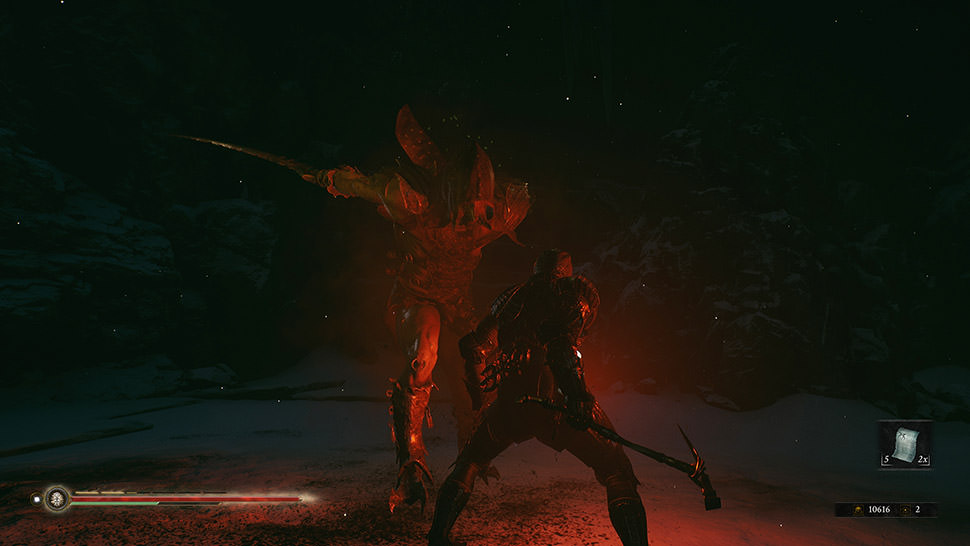
An action-RPG steeped deep in a decaying gothic fantasy setting, players take on the role of The Foundling, a skinless and faceless husk. In this form, you are vulnerable, with limited amounts of health, leaving yourself unprotected from the zealots and horrors that populate Fallgrim. As the game's title implies, you'll inhabit suitable remains from failed warriors (at least those still in relatively decent condition), or Shells, that litter the sinister-looking environments. If your health reaches zero, you are ousted from the Shell, but you'll have a chance to jump back if you are vigilant, letting you rejoin the current fight, giving the game a slightly more casual feeling—but make no mistake, Mortal Shell is not an easy game by any means. Perish a second time, and the Foundling will not survive, returning you to the last checkpoint. If you are looking for the ultimate challenge, renounce all the Shells and attempt the game in the Foundling form for a unique appearance and dialogue when talking to NPCs.
The four Shells in Mortal Shell represent the game's classes, each catering to a different playstyle, complete with their strengths and weaknesses. Once discovered, Shells remain unlocked; however, you'll need to learn the backstory and name of the body you inhabit by returning to the game's merchant to unlock abilities by spending tar (instead of souls) and glimpses (the game's currencies). The first one you'll encounter, Harros, an armor-plated knight, is the embodiment of balance, with stats right down the middle in terms of health, stamina, and resolve. The high stamina of Tiel gives you the freedom to remain mobile, weaving in and out of engagements at the cost of durability. The remaining two, Solomon and Eredrim, feature the highest durability ratings in the game, making them tank-like classes, but have low stamina and low resolve respectively. You may struggle inside a new vessel, but once you begin to upgrade the Shells, you'll come into your own. For example, my favorite, Eredrim, gains skills to devastate foes wandering alone, or bosses with extra damage. Harden in the air, and you'll smash into the ground, affecting all enemies in a nearby radius.
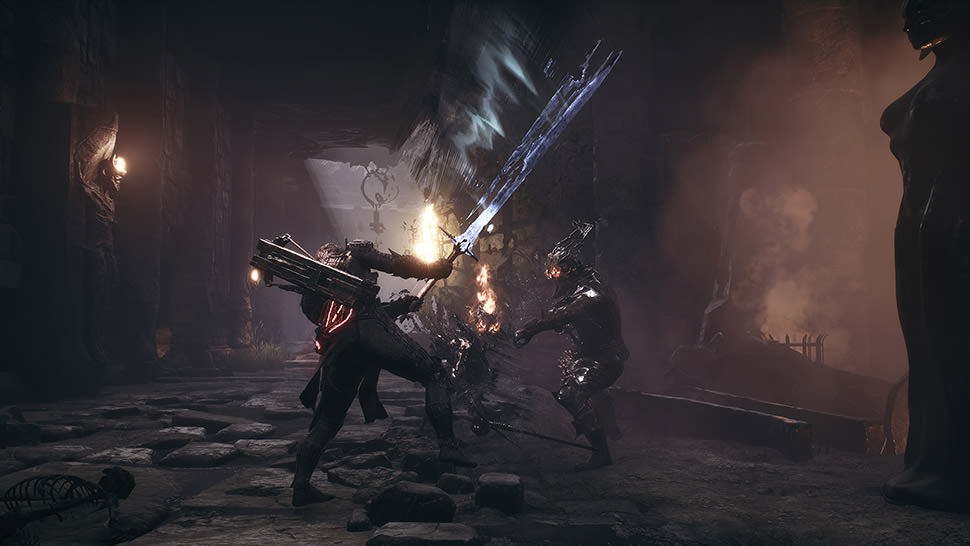
There are only a handful of weapons in Mortal Shell that you'll come across held in place by statues, and even though there isn't a "best" weapon per se, you will surely find one that best fits your playstyle. Every weapon has two special attacks, all of which must be unlocked. For example, the starting weapon, the Hallowed Blade, features a balance between damage and speed but can inflict burning with every attack. In a similar fashion to the Shells, you'll find weapons such as the Martyr's Blade, which sacrifices speed for raw power but gains the ability to freeze foes. The Hammer and Chisel lacks strength but can be swung much faster than anything else. In good news, you can balance out the lack of damage output by inflicting poison on your enemies.
For those unfamiliar, stamina is used for every action taken, be it swinging your weapon using light or heavy attacks, sprinting, or dodging. Resolve is a unique resource in Mortal Shell, used for weapon abilities and regenerated by dealing damage or consuming items. Speaking of items, you are encouraged to use them to gain familiarity with them. The more you use them, the more details and effects that are revealed. It helps sell the game's mystery, and I recommend not spoiling yourself by looking up consumable item lists.
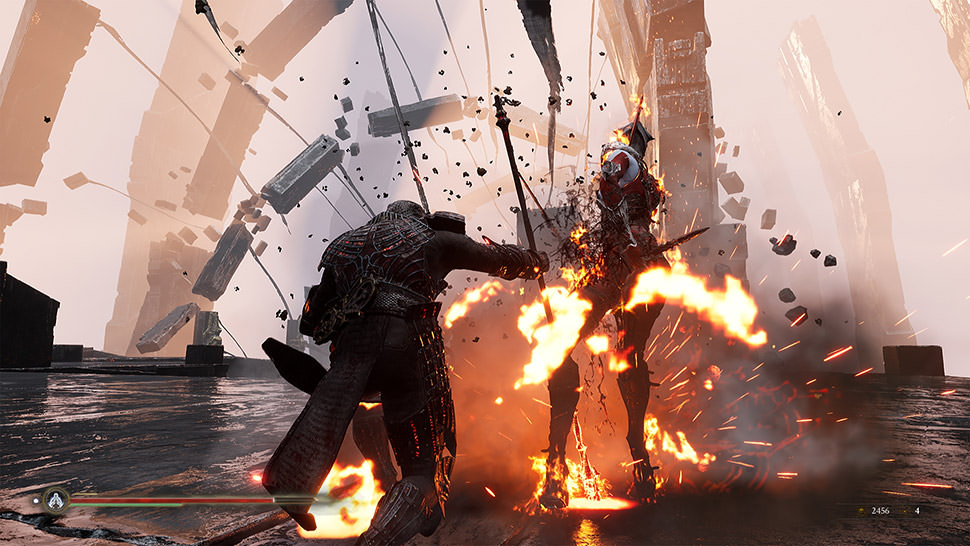
The "harden" ability learned at the start of the game remains your best defense, particularly when used in unison with your offensive prowess. When activated, you'll turn to stone, freezing you in place briefly, be it if you are in mid-stride or mid-swing, giving you a moment of invincibility. Dodging or rolling remains a staple for the genre; however, once you've mastered your new panic button, you'll realize how resourceful you'll feel using harden to overcome any challenge. If an advancing foe catches you mid-swing, tap harden, avoid the attack, and as your soft body is restored, your momentum is restored along with it, making contact with a now vulnerable enemy.
Progressing feels slower than it should, thanks to numerous groups of enemies and traps littered just about everywhere you go. While harden adds new survivability to the genre, parrying is a powerful mechanic, if you can get the timing down. Even after starting New Game Plus, I never felt I had an excellent grasp on parrying, and eventually, I stopped trying half of the time. Granted, you aren't able to parry from the start, as you must obtain the Tarnished Seal, but it is accessible reasonably early if you know where to find it. Instead of being instant, you'll need to take into account the time it takes for your character to swing the seal out in front of them. It isn't long, but it may throw you off if you are coming from Bloodborne or Sekiro. The seal glows red to indicate incoming strikes that can't be parried, giving you a chance to dodge or use your harden ability. Parrying doesn't cost anything, but when you want to counter, it requires resolve. There are four different types of parries in the game based on the kind of infusion within the seal. For example, the empowered riposte (which you immediately gain after gaining the Tarnished Seal) allows you to counter and gain a sizable amount of health back. Others can dish out damage to multiple enemies or freeze nearby foes.
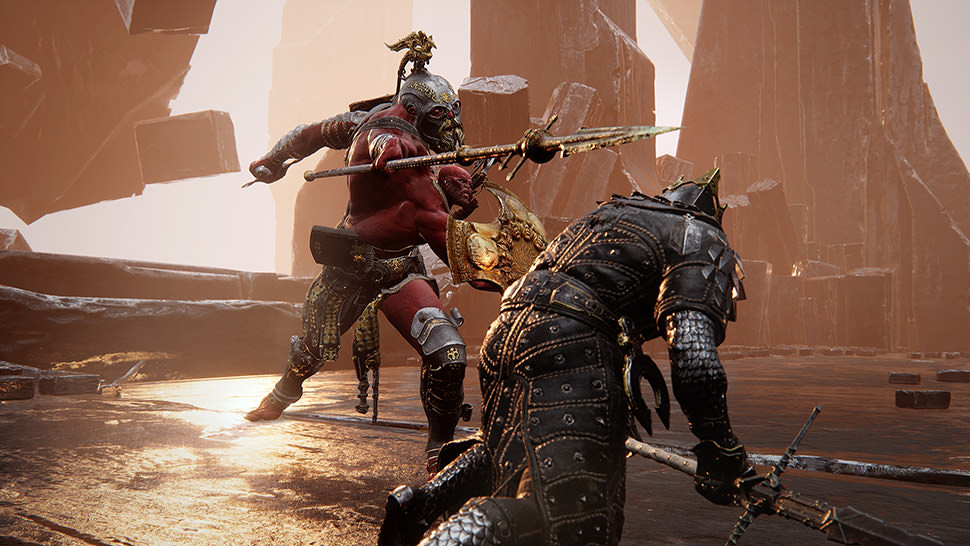
Exploring the dark and eerie zones stitched together by the ominous swampy starting area in Mortal Shell is certainly atmospheric. In typical fashion, it is easy to feel lost in the opening hours, and if you aren't mindful of your surroundings, you may get caught off guard from hidden foes. It does feel like the game resorts to using surprise attacks too often, but that's the nature of the genre.
Simply Put
Mortal Shell may be a smaller Souls-like adventure, but the passion from the developers and unique mechanics results in one of the best entries in the genre. The clever body-swapping class system ensures diversity across any playstyle, all of which are viable. The familiarity system encourages the use of items instead of hoarding them for boss encounters. Mortal Shell is one of the best options for newcomers to the genre, even though the opening hours can be quite challenging.
Note: Mortal Shell was reviewed on PC. A digital copy of the game was provided by the publisher/developer.
